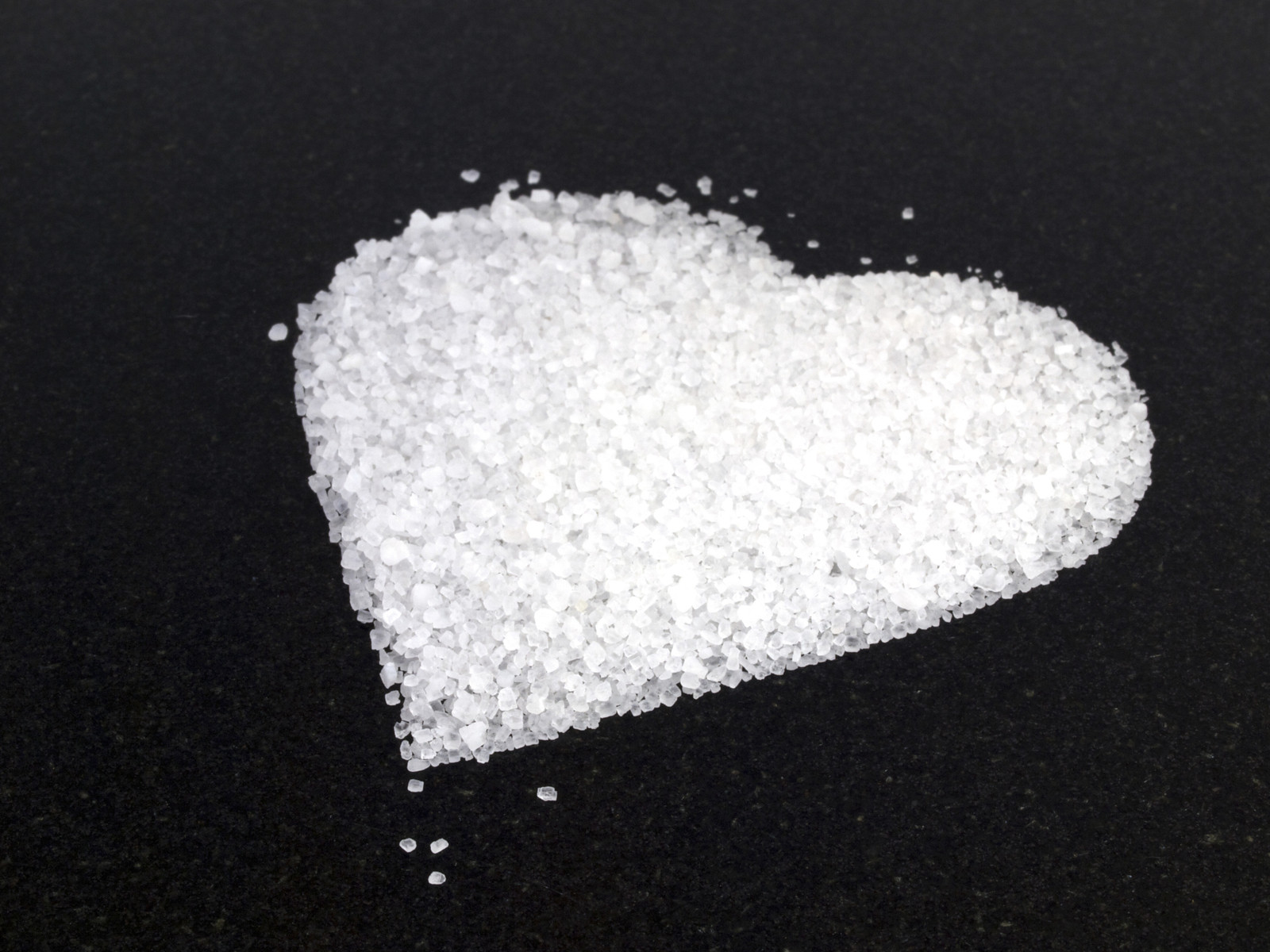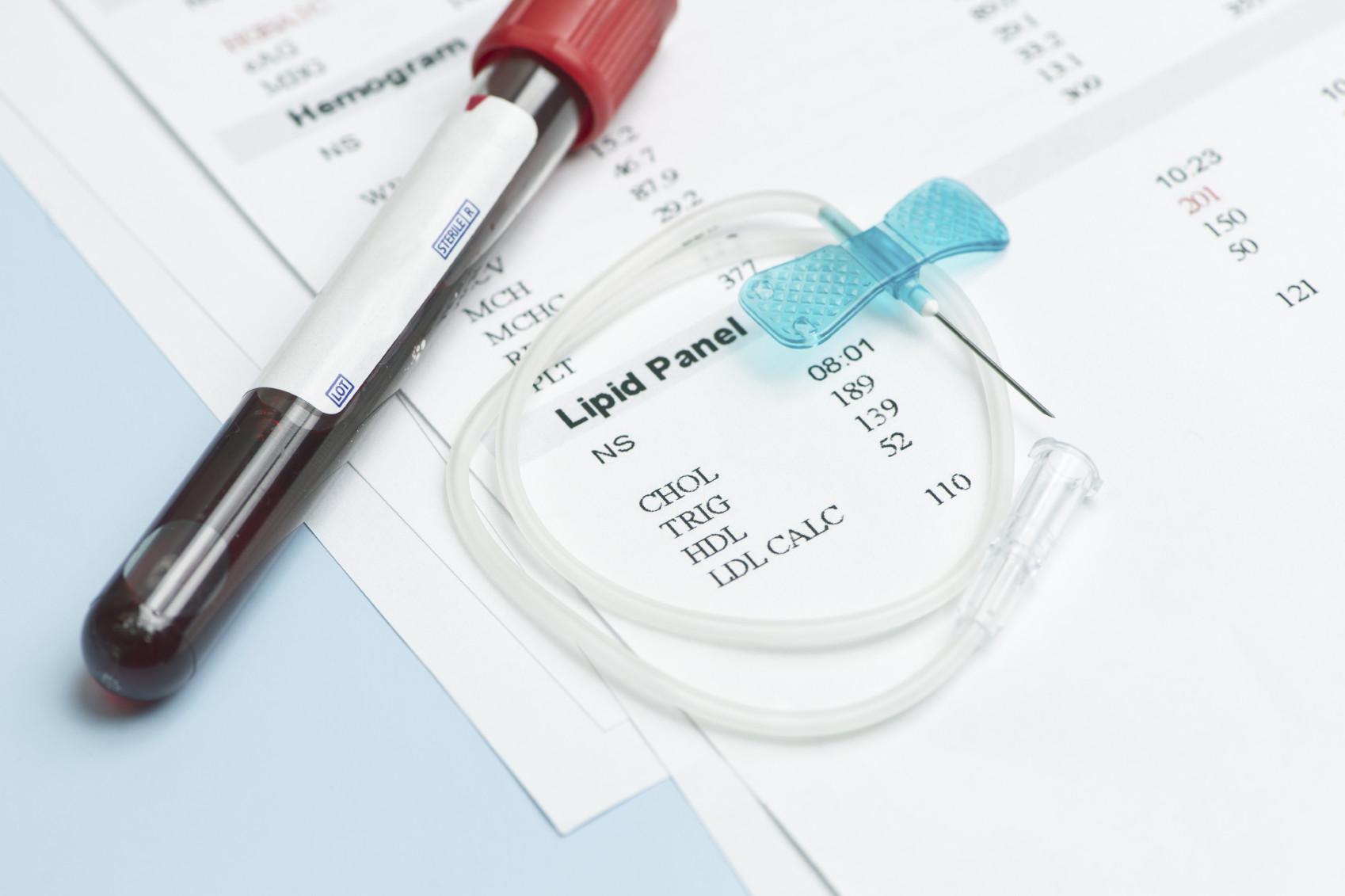
New thinking about plaque in arteries that feed the brain

Want to prevent shifting teeth? Maybe you need retainers

What you need to know about the new dietary guidelines

Food that’s healthier for people and planet can be cheaper, too

New evidence that polyphenol-rich foods help the heart

8 simple ways to reduce ultra-processed foods in your diet

How to curb your stress eating

How to spot Parkinson’s disease symptoms

Heart failure symptoms in women: How they’re different

GERD diet: Foods to avoid to reduce acid reflux
Heart Health Archive
Articles
Hypertrophic cardiomyopathy: Who has an inherited risk?
Genetic testing can help doctors guide care for families with a history of heart disease.
Having a family member with heart disease—especially when it shows up at a young age—is a warning sign that you too may be at risk. The more common maladies such as high blood pressure and coronary artery disease are influenced by an array of different genes and compounded by lifestyle choices and environmental factors. However, certain relatively rare conditions stem from only one or a few faulty genes with powerful disease-causing effects. The most common of these inherited heart conditions is hypertrophic cardiomyopathy (HCM), which affects up to one in every 500 people.
What is HCM?
The detective work
The genetic risk for HCM is passed from one generation to the next by way of dominant-acting mutations in genes governing the structure of the heart muscle. That means that first-degree relatives (parents, siblings, and children) of an affected person have a 50% chance of having inherited the same mutation. Before genetic testing became widely available, doctors had only this information to help guide families. Now, it's possible to determine if a family member is at risk for developing HCM even before the disease can be clinically diagnosed.
"When you decide do genetic testing, the implications go beyond just the individual being tested," says Dr. Ho. The most efficient approach is first to do comprehensive gene sequencing on the person with the most serious manifestation of disease. This gives the best chance of uncovering the most important disease-causing mutations. If an HCM mutation is found, other family members can undergo more limited—and less costly—screening to look for that specific mutation.
Decision making in the family
Dance your way to better heart health?
Regular, moderate-intensity dancing may lower the risk of dying of cardiovascular disease. Aside from the exercise benefits, dancing is often a lifelong habit and provides stress-lowering social connections.
Risk of serious falls linked to changes in blood pressure drugs
When older people start taking a new blood pressure drug or change the dose of their current drug, they may be more prone to a serious fall during the following two weeks. But this increased fall risk doesn’t seem to persist over the long term.
Exercise-free activities that work your muscles and heart
Dancing, playing sports, and even cleaning your house can give you a nontraditional workout that helps maintain good health.
Image: Jon Feingersh/Thinkstock
Exercising is supposed to be a regular part of your daily health maintenance. That can be a problem if you don't have the motivation to get your heart pumping; you raise your risk for weight gain, chronic disease, and an earlier death.
Fortunately, you can get plenty of effective exercise by engaging in recreational or household activities that work your heart and muscles. "There's a real reward in doing an activity you enjoy, such as swimming or playing with your grandchildren. You get a workout, but it doesn't seem like you're exercising, and you may be more willing to keep doing that activity every day because it's fun," says Dawn Rogers, a physical therapist at Harvard-affiliated Brigham and Women's Hospital.
Will the food industry ease up on salt?
On June 1, 2016, the FDA proposed voluntary guidelines for short- and long-term goals to cut sodium in commercially processed and prepared food.
For the good of your heart: Keep holding the salt
A recently published study claimed that people who ate a low sodium diet were more likely to suffer from cardiovascular disease and death. However, there were problems with this study – including difficulty with accurately measuring each study volunteer’s daily intake of sodium. Low sodium diets may be harmful for small subsets of people, but for the majority of people restricting salt intake is still important for cardiovascular health.
Your resting heart rate can reflect your current — and future — health
How many times your heart beats per minute when you’re resting — also known as your resting heart rate (RHR) — can provide important clues to your current overall health and even predict possible future health problems.
Prompt attention to “ministrokes” may reduce risk of subsequent stroke
Getting immediate attention for symptoms of a transient ischemic attack can minimize the risk of a subsequent stroke.

New thinking about plaque in arteries that feed the brain

Want to prevent shifting teeth? Maybe you need retainers

What you need to know about the new dietary guidelines

Food that’s healthier for people and planet can be cheaper, too

New evidence that polyphenol-rich foods help the heart

8 simple ways to reduce ultra-processed foods in your diet

How to curb your stress eating

How to spot Parkinson’s disease symptoms

Heart failure symptoms in women: How they’re different

GERD diet: Foods to avoid to reduce acid reflux
Free Healthbeat Signup
Get the latest in health news delivered to your inbox!
Sign Up










